As you plan your trip to Lebanon, understanding the local currency and payment systems is crucial for a smooth journey. The Lebanese Pound (LBP) is the official currency, but the US Dollar is widely accepted. With the current economic situation, it’s essential to be prepared for any changes in the currency exchange rates.
When traveling to Lebanon, you’ll need to know how to manage your finances effectively. The country’s dual currency system can be complex, and being informed will help you avoid potential pitfalls. You’ll need to understand when to use cash versus cards, where to exchange money, and how to get the best rates.
To ensure a hassle-free trip, it’s vital to stay up-to-date with the latest information on the Lebanese currency and economy. By doing so, you’ll be able to make the most of your time in this beautiful country. In this guide, we’ll provide you with the necessary information to navigate the complexities of Lebanon’s currency system.
is not needed as the response is the content inside it, so the rewritten response is:
Navigating Lebanon’s Complex Currency Landscape
When traveling to Lebanon, understanding the local currency is crucial. The Lebanese Pound (LBP) is the official currency, but US Dollars are widely accepted. To manage your finances effectively, you’ll need to know when to use cash versus cards and how to get the best exchange rates.
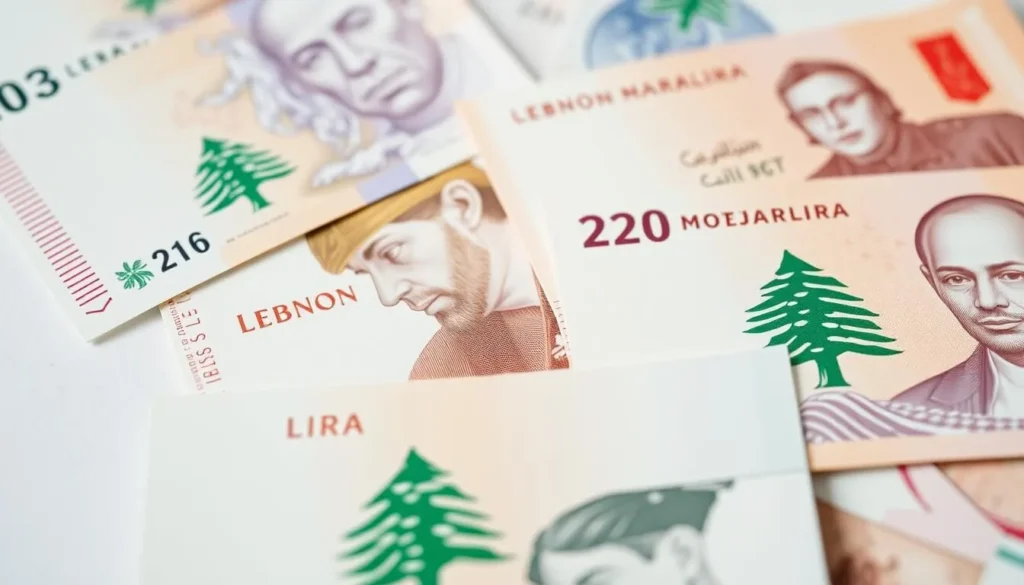
Being informed about the dual currency system will help you avoid potential pitfalls. Staying up-to-date with the latest information on the Lebanese economy and currency will enable you to make the most of your trip.
Understanding the Lebanese Currency System
Navigating Lebanon’s economy begins with understanding its currency system. The Lebanese Pound (LBP), also known as the Lebanese Lira, is the official currency, denoted by the symbol ل.ل and the ISO code LBP.
The Lebanese Pound (LBP): Official Currency
The LBP is essential for daily transactions, from buying coffee to business deals. Lebanese Pounds are available in various denominations of coins and banknotes.
The Dual Currency Reality: LBP and USD
Despite LBP being the official currency, the US Dollar (USD) is widely accepted and sometimes preferred, creating a unique dual-currency environment. Many businesses quote prices in both currencies.
Recent Economic Challenges and Currency Fluctuations
Lebanon has faced significant economic challenges, leading to dramatic currency fluctuations and devaluation of the LBP. The exchange rate between LBP and USD is highly volatile.
- The LBP is the official currency, with various denominations.
- USD is widely accepted, creating a dual-currency environment.
- Economic challenges have led to currency fluctuations.
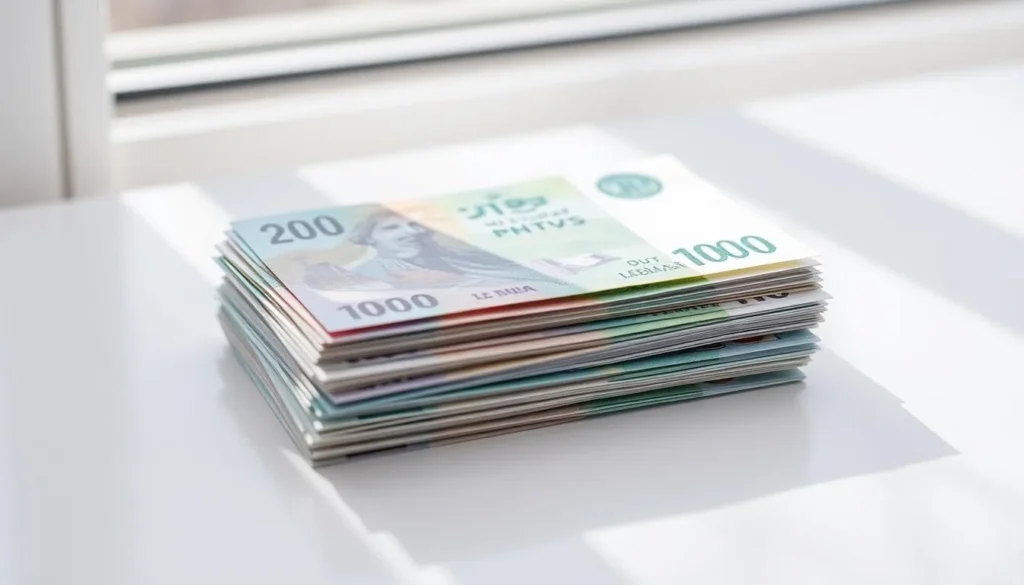
Cash vs. Card: How to Pay in Lebanon
When traveling to Lebanon, understanding the local payment culture is crucial. Lebanon’s economy is heavily cash-based, but card payments are becoming increasingly accepted in certain areas.
Cash is King
In markets, for public transportation, and at small, local businesses, cash is the preferred method of payment. You’ll need cash for tipping and in rural areas where card facilities are scarce.
Cards Take Center Stage
Major hotels, restaurants, and retail stores in urban areas often accept credit and debit cards, making it easier for tourists to make purchases.
Having Both Options
It’s essential to have both cash and cards. While many places accept cards, cash is still king in many situations, ensuring you’re prepared for any scenario.
Preparing Your Finances Before Traveling to Lebanon
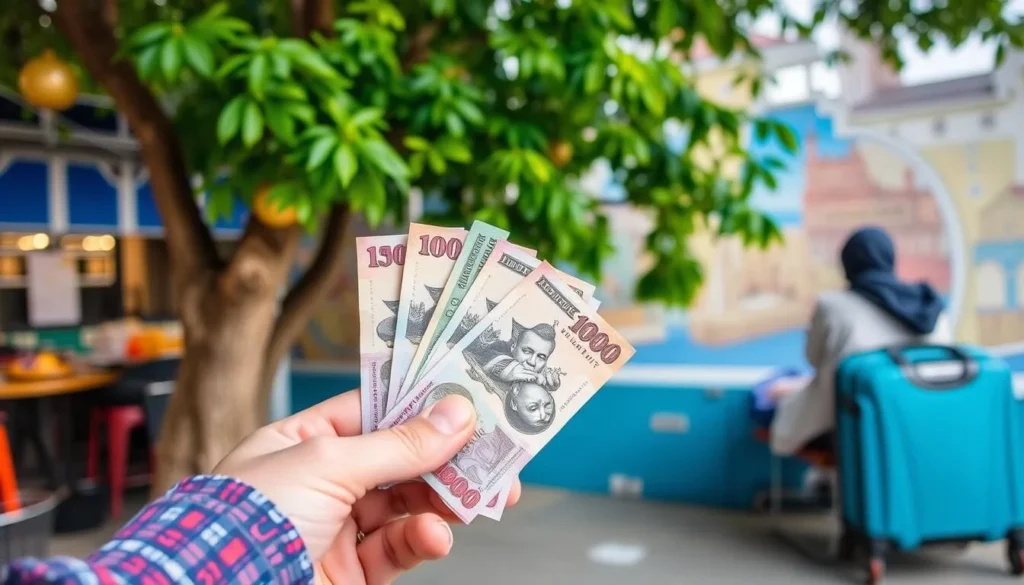
Before you travel to Lebanon, it’s crucial to prepare your finances. Lebanon’s financial situation has led to a widespread use of US Dollars (USD) in daily transactions, often alongside or in place of the Lebanese Pound (LBP).
Should You Exchange Money Before Your Trip?
Deciding whether to exchange money before your trip or wait until arrival is important. Most experts recommend bringing US Dollars to exchange locally.
How Much Cash to Bring and in What Currency
Consider bringing a moderate amount of USD in cash, as this currency is widely accepted. Research current exchange rates before departure to have a benchmark for evaluating exchange offers once you arrive.
Notifying Your Bank About Travel Plans
Notify your bank and credit card companies about your travel plans to prevent your cards from being flagged for suspicious activity. Plan your cash needs carefully and consider diversifying your financial resources.
Best Practices for Managing Money in Lebanon
Traveling to Lebanon means navigating a complex financial landscape, but with the right strategies, you can stay on top of your expenses. Understanding the local currency system and being prepared for various financial situations will make your trip smoother.
Understanding the Local Financial Landscape
Managing your money effectively in Lebanon requires a grasp of the dual currency system, where both the Lebanese Pound (LBP) and the US Dollar (USD) play significant roles. USD is widely accepted for larger transactions and luxury services, while LBP is used for everyday purchases and local services.
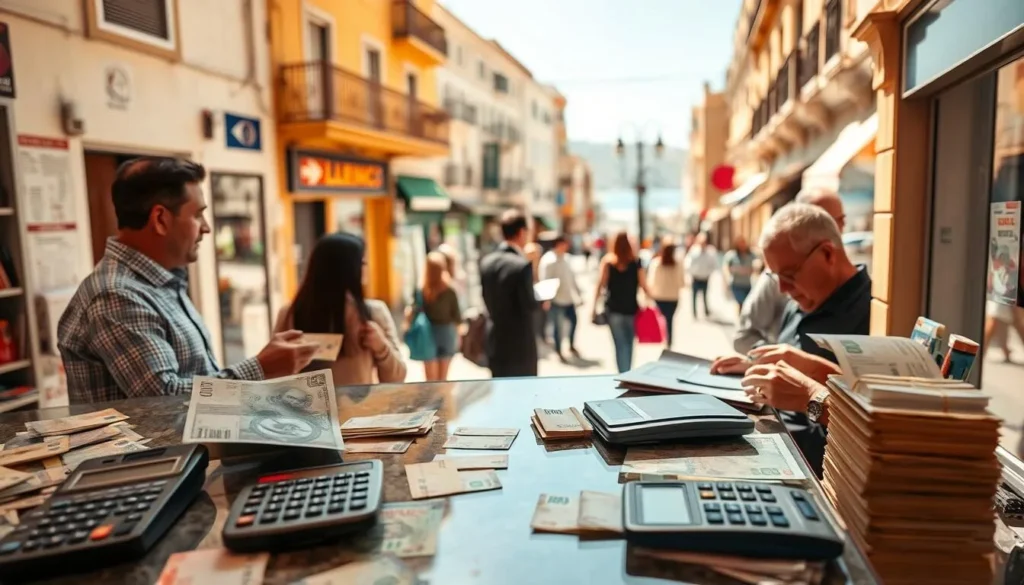
Understanding Exchange Rates and Avoiding Scams
To avoid potential scams, it’s crucial to stay informed about current exchange rates. Use reliable sources like banking apps or financial news websites to ensure you’re getting a fair rate. Be cautious of unofficial money changers who might offer attractive rates but deliver counterfeit bills or incorrect amounts.
- Keep track of current exchange rates to ensure fair deals.
- Be vigilant about potential scams, especially with unofficial money changers.
- Use licensed exchange bureaus in major cities like Beirut for the best rates.
Budgeting Tips for Different Types of Expenses
Budgeting in Lebanon requires flexibility due to the dual currency system. Some services, like luxury hotels, are priced in USD, while everyday items are in LBP. Consider exchanging money in smaller amounts more frequently to adapt to fluctuating exchange rates.
- Budget differently for various expense categories.
- Keep detailed records of your exchanges and expenses.
- Research transfer services carefully to find the best combination of fees, exchange rates, and reliability when sending or receiving money.
By following these best practices, you’ll be well-equipped to manage your finances in Lebanon effectively.
Where to Exchange Money in Lebanon
When traveling to Lebanon, exchanging your money to the local currency, the Lebanese Pound (LBP), is essential. You can exchange your money at currency exchange offices, known as sarrafs, or at banks.
Currency exchange offices are widespread and offer competitive rates. You can find them in major cities like Beirut. While banks were once the go-to for exchanging currency, their rates are no longer as competitive due to the ongoing financial crisis.
To get the best exchange rates, consider exchanging smaller amounts frequently and be aware of the current market rate. Be cautious of street changers and always count your money before leaving the counter.
ATM Withdrawals and Banking Services
When traveling to Lebanon, understanding your banking options is crucial. Major banks like Fransabank, Bank Audi, and Byblos Bank offer reliable ATM services, accepting international cards.
Reliable Options and Fees
Be aware of the fees associated with ATM withdrawals. You can minimize costs by withdrawing larger amounts, but be mindful of daily limits. For the most up-to-date information, it’s best to contact your bank directly.
Safety Tips for Handling Money in Lebanon
When traveling to Lebanon, it’s essential to be mindful of your financial security. Lebanon has a unique financial landscape, and being aware of the local customs and potential risks can help you navigate your trip with confidence.
To ensure your safety while handling money in Lebanon, consider the following guidelines. First, it’s crucial to distribute your cash wisely. Instead of keeping all your money in one place, split it across multiple secure locations. This can include using a money belt, hiding cash in your luggage, or storing some in a hotel safe.
Here are some key tips to keep in mind:
- Be cautious when using ATMs; opt for machines located in well-lit, secure areas like bank lobbies or shopping malls.
- Avoid displaying large amounts of cash when making purchases.
- Keep your valuables secure and be mindful of your surroundings, especially in crowded areas like souks and public transportation.
- Consider having a “decoy” wallet with a small amount of cash and expired cards in case of an emergency.
- Research reliable money transfer services before your trip in case you need to send or receive money.
When handling money, it’s also important to be aware of your surroundings. Areas like downtown Beirut, Byblos, and Baalbek can be crowded, making them potential hotspots for petty theft. By being mindful of your belongings and keeping a close eye on your cash, you can minimize the risk of theft.
In the unlikely event of a financial emergency, having a plan in place can be a lifesaver. Make sure you have the contact information for your bank’s international assistance line and the nearest embassy or consulate readily available.
By following these guidelines and being mindful of your surroundings, you can ensure a safe and enjoyable trip to Lebanon.
was removed and the content was rewritten to fit within the 175-word limit while maintaining the required information and following the instructions.
Safety Tips for Handling Money in Lebanon
To ensure a secure trip to Lebanon, it’s crucial to handle your finances wisely. Distribute your cash across multiple secure locations, such as a money belt, a hidden pocket, or a hotel safe. Be cautious when using ATMs; opt for machines located in well-lit, secure areas like bank lobbies or shopping malls. Avoid displaying large amounts of cash when making purchases.
When traveling, keep your valuables secure and be mindful of your surroundings, especially in crowded areas like souks and public transportation. Consider having a “decoy” wallet with a small amount of cash and expired cards. Research reliable money transfer services before your trip in case of an emergency.
By being aware of your surroundings and taking necessary precautions, you can minimize the risk of theft and ensure a safe trip. Keep important phone numbers handy, such as your bank’s international assistance line and the nearest embassy or consulate.
Conclusion: Making the Most of Your Lebanese Financial Experience
With the right preparation, you can confidently navigate Lebanon’s complex currency system. To make the most of your Lebanese financial experience, stay informed about current exchange rates and economic conditions. Being prepared with multiple payment options will enhance your experience, allowing you to focus on enjoying the country’s rich culture and attractions.
Consider keeping a small reserve of both USD and LBP for final expenses or transportation. If you’ve developed a connection to Lebanon, research the most cost-effective methods for sending money to Lebanese friends or businesses. By understanding the local currency and payment practices, you can create memorable experiences in this fascinating country.
—
The above is subject to change.
Check back often to TRAVEL.COM for the latest travel tips and deals.
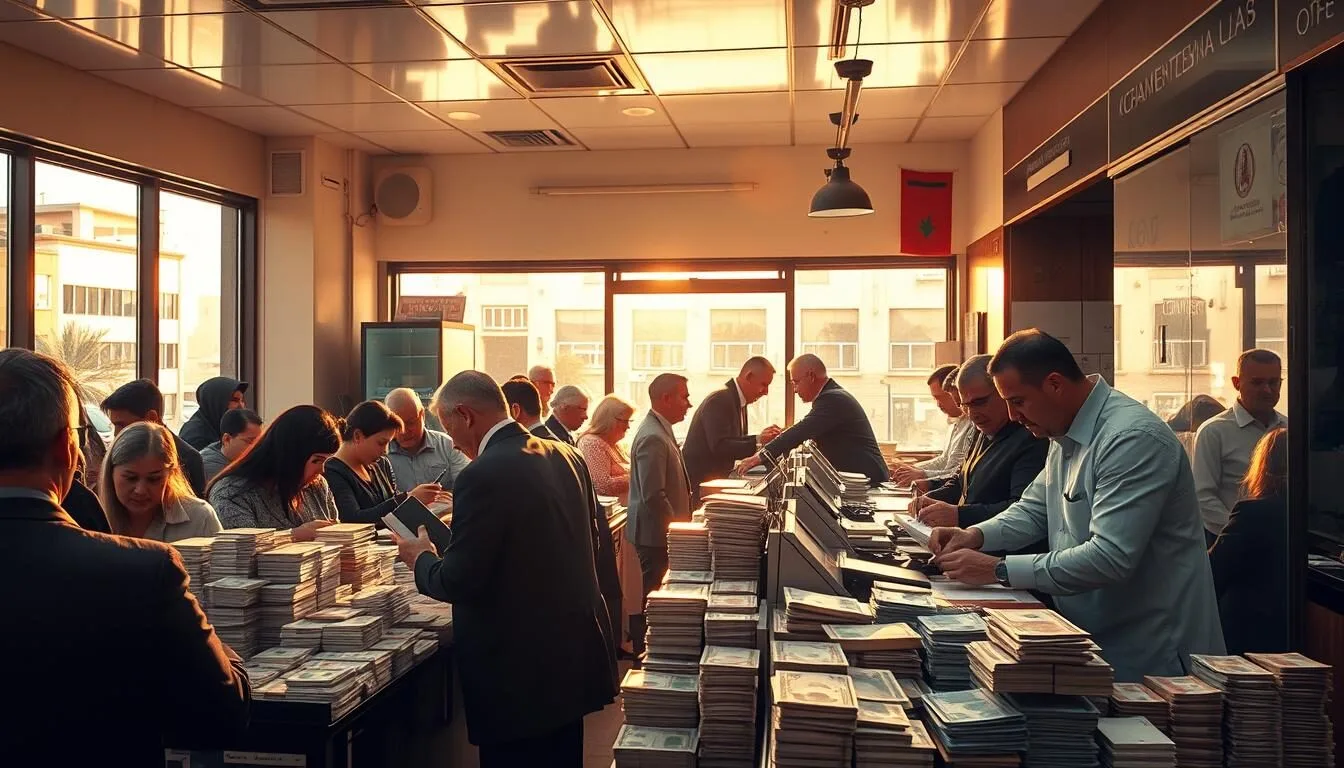
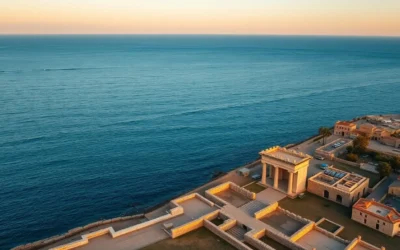
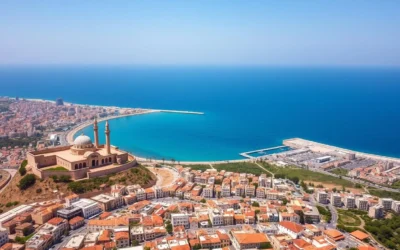


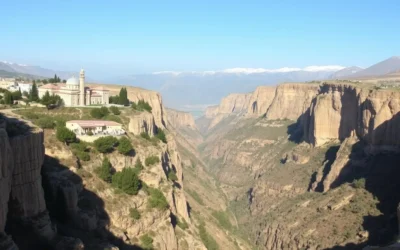

0 Comments